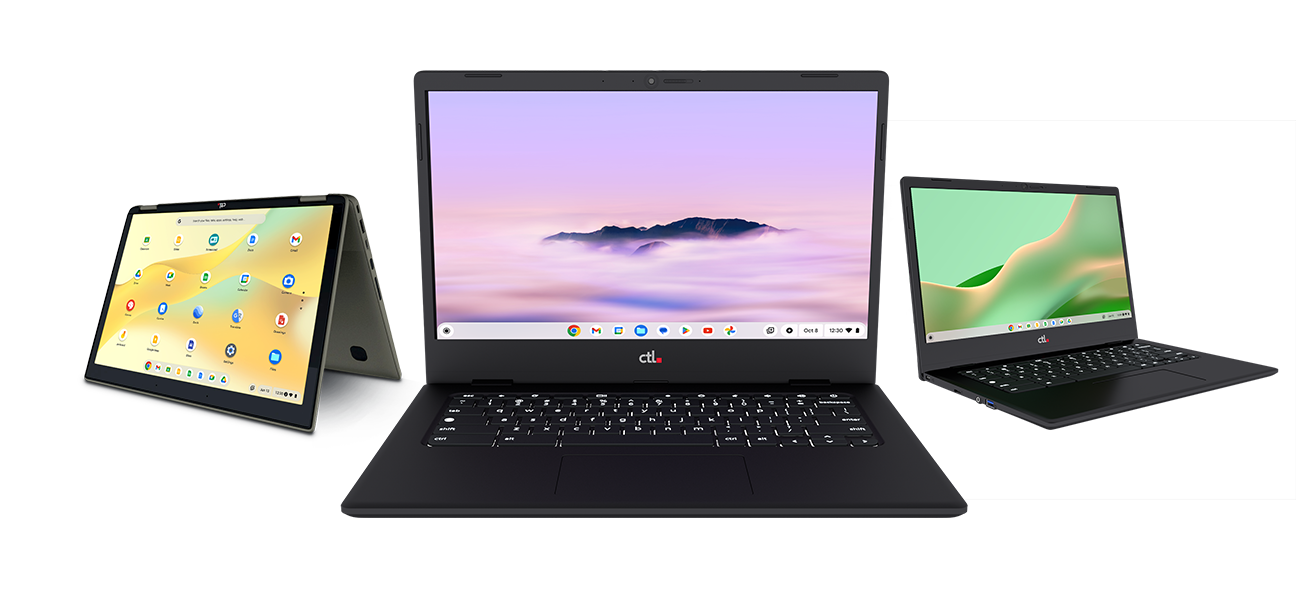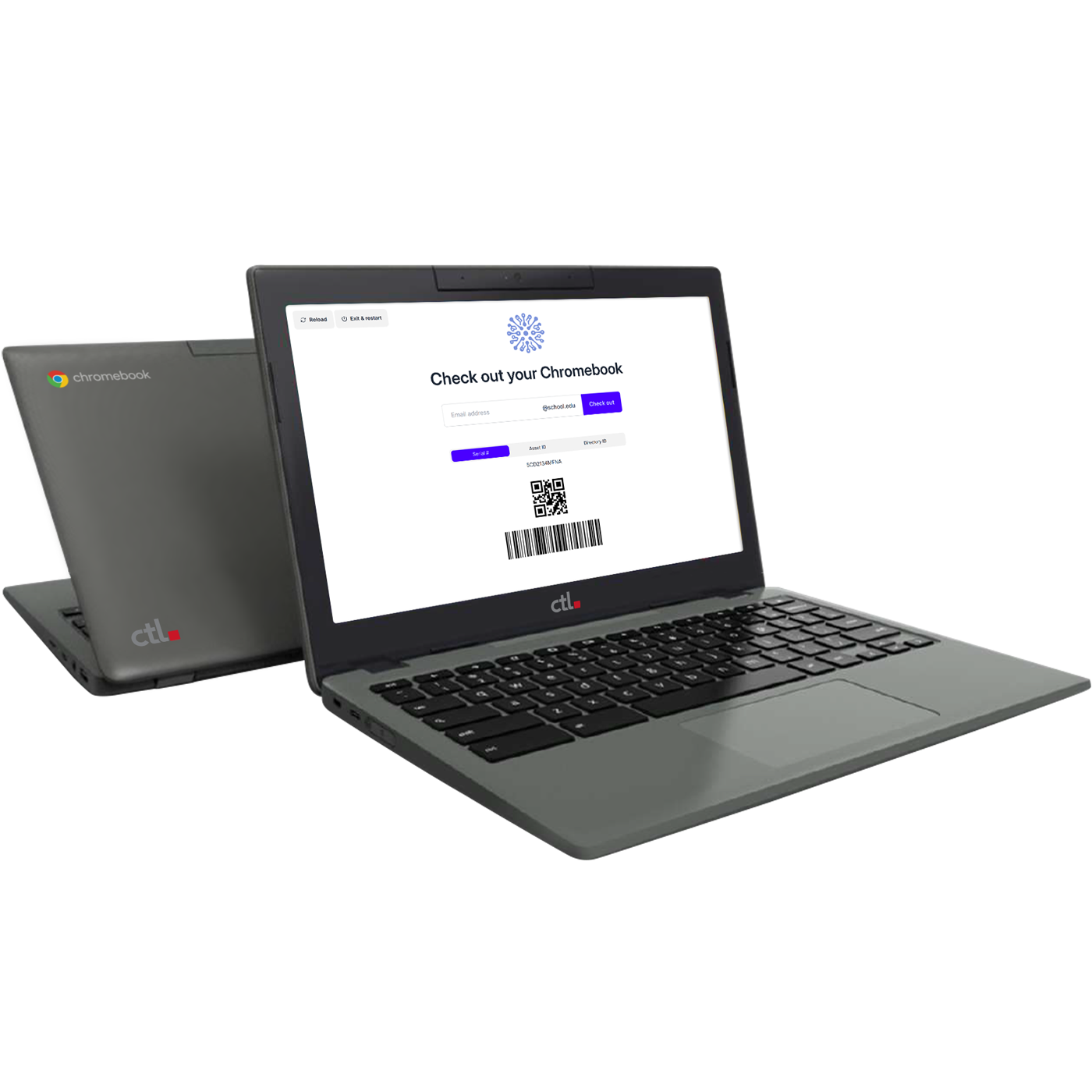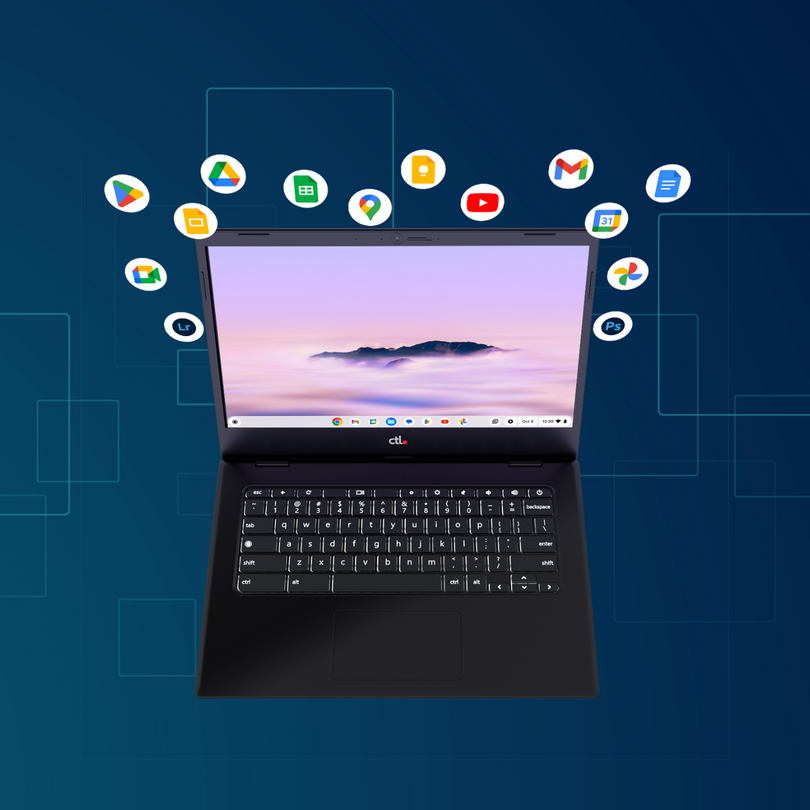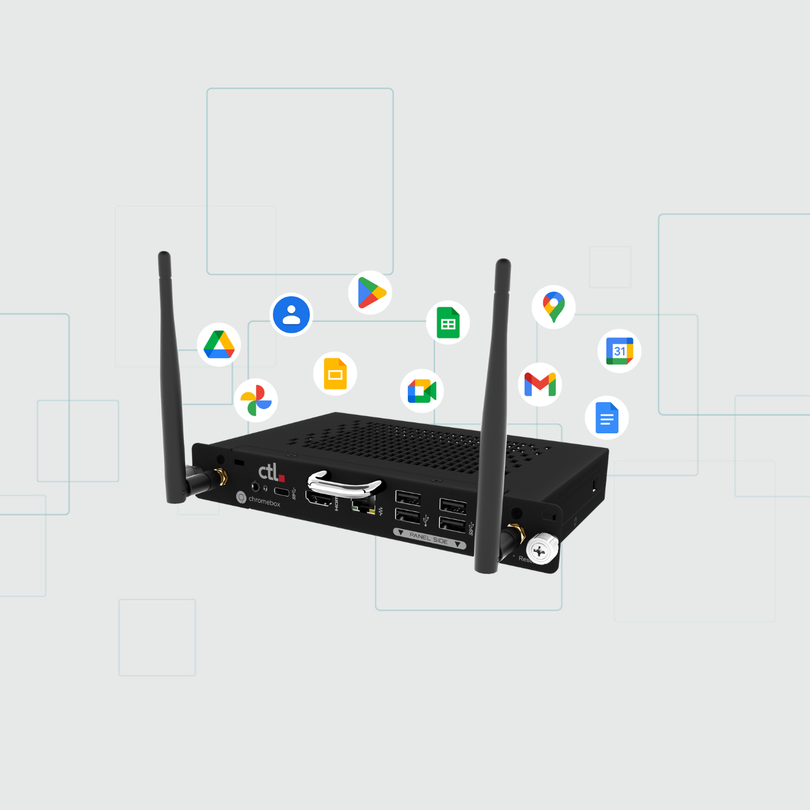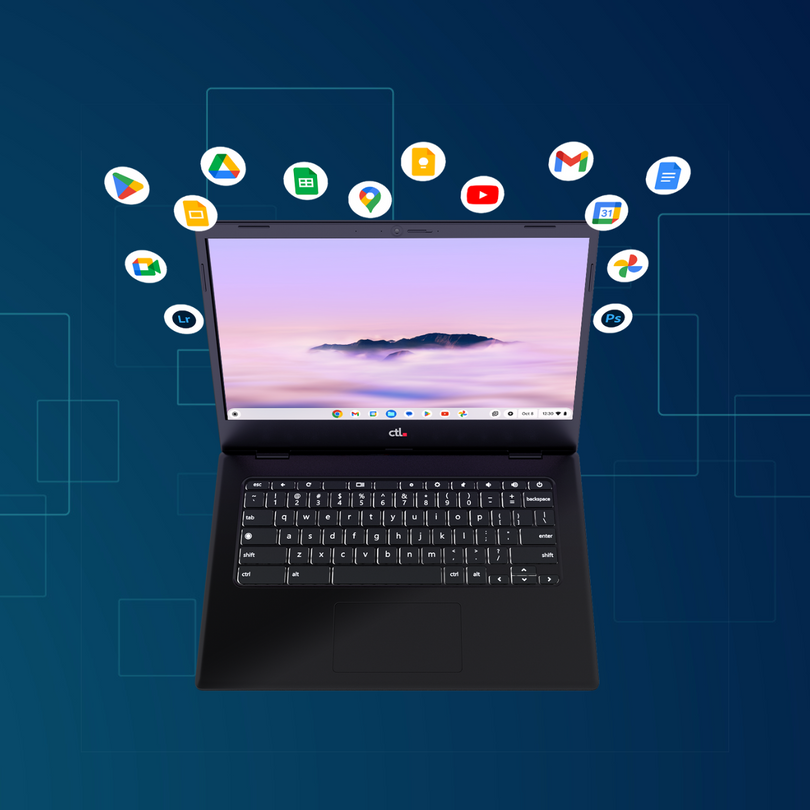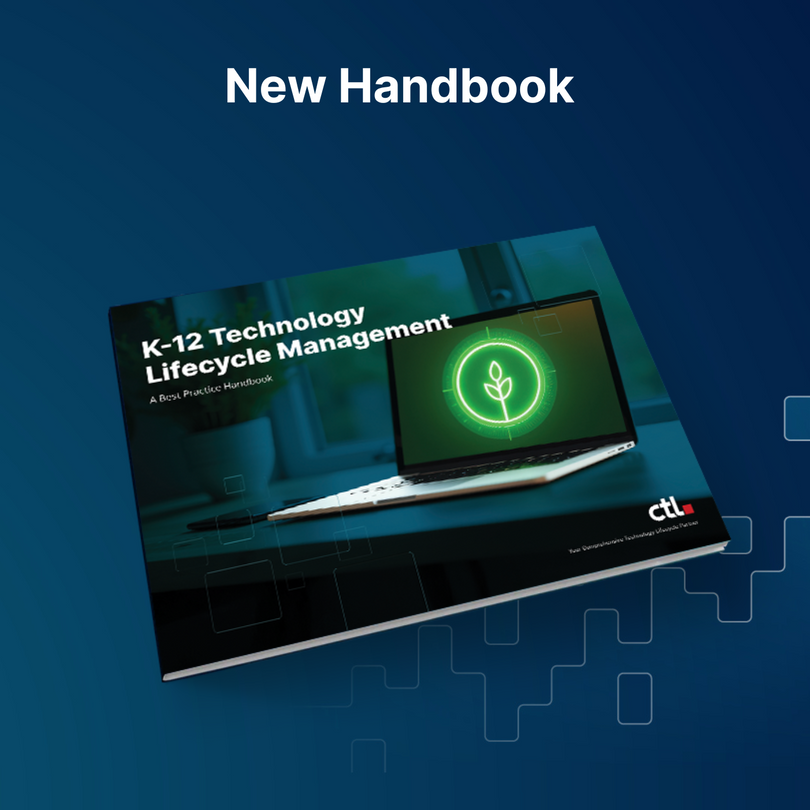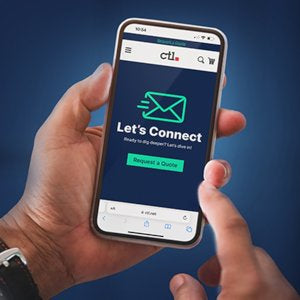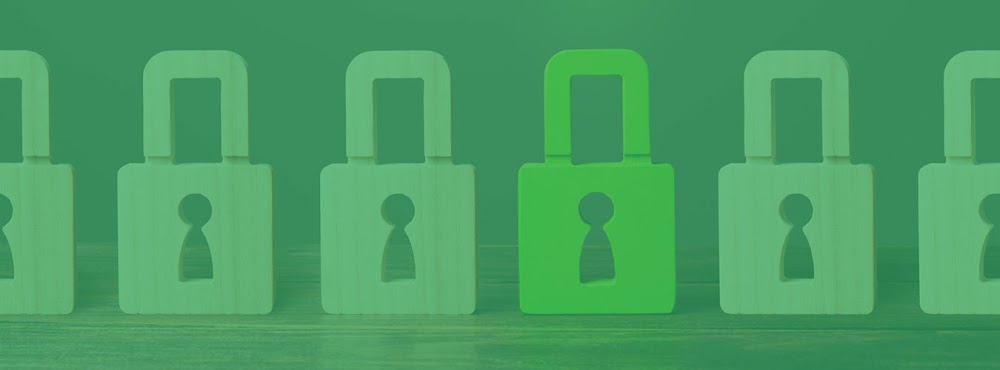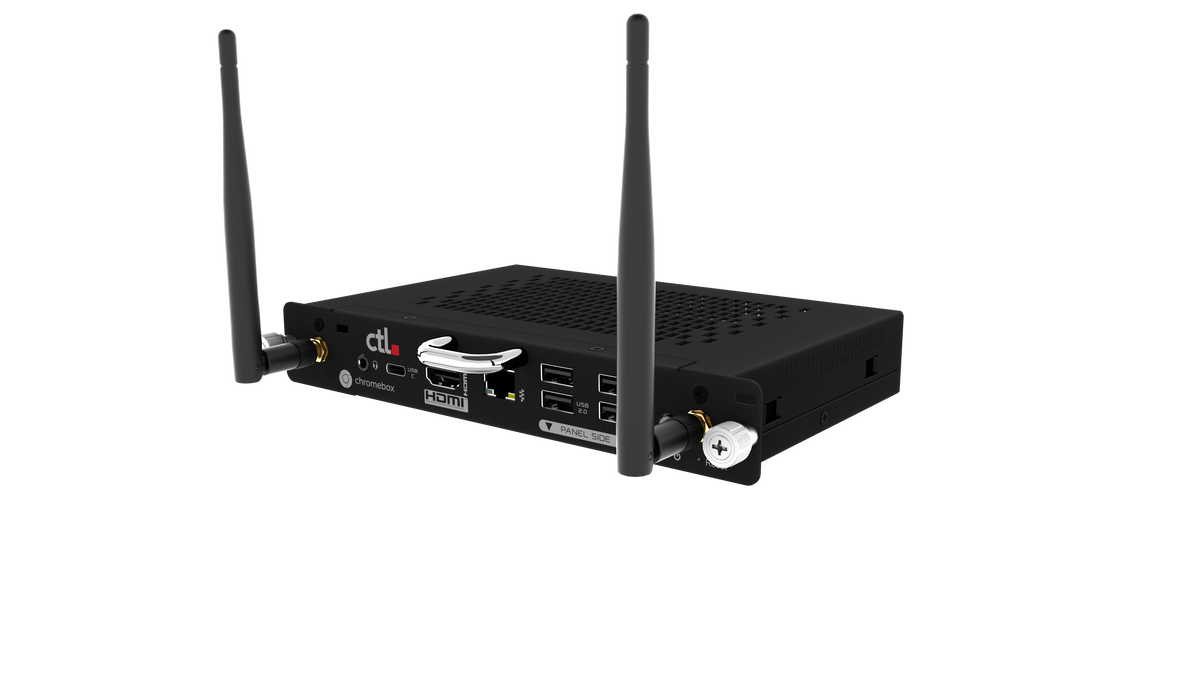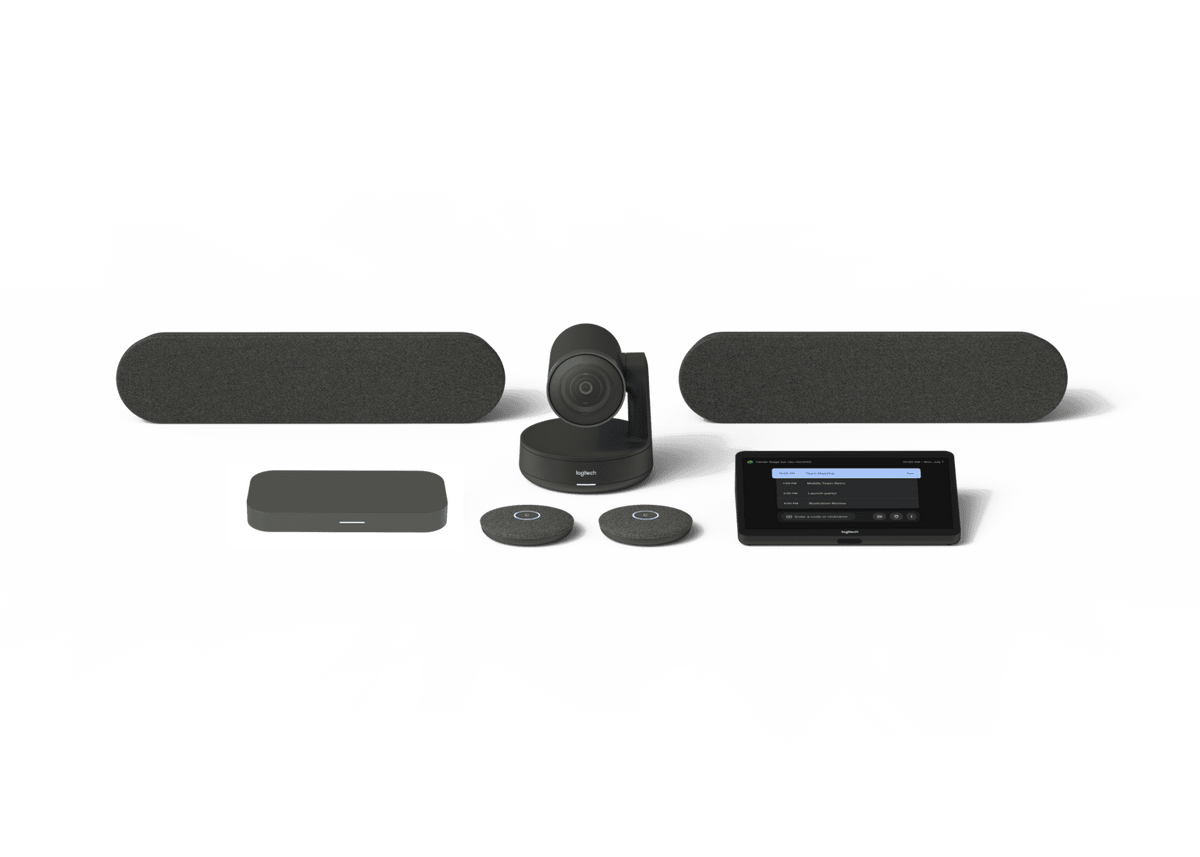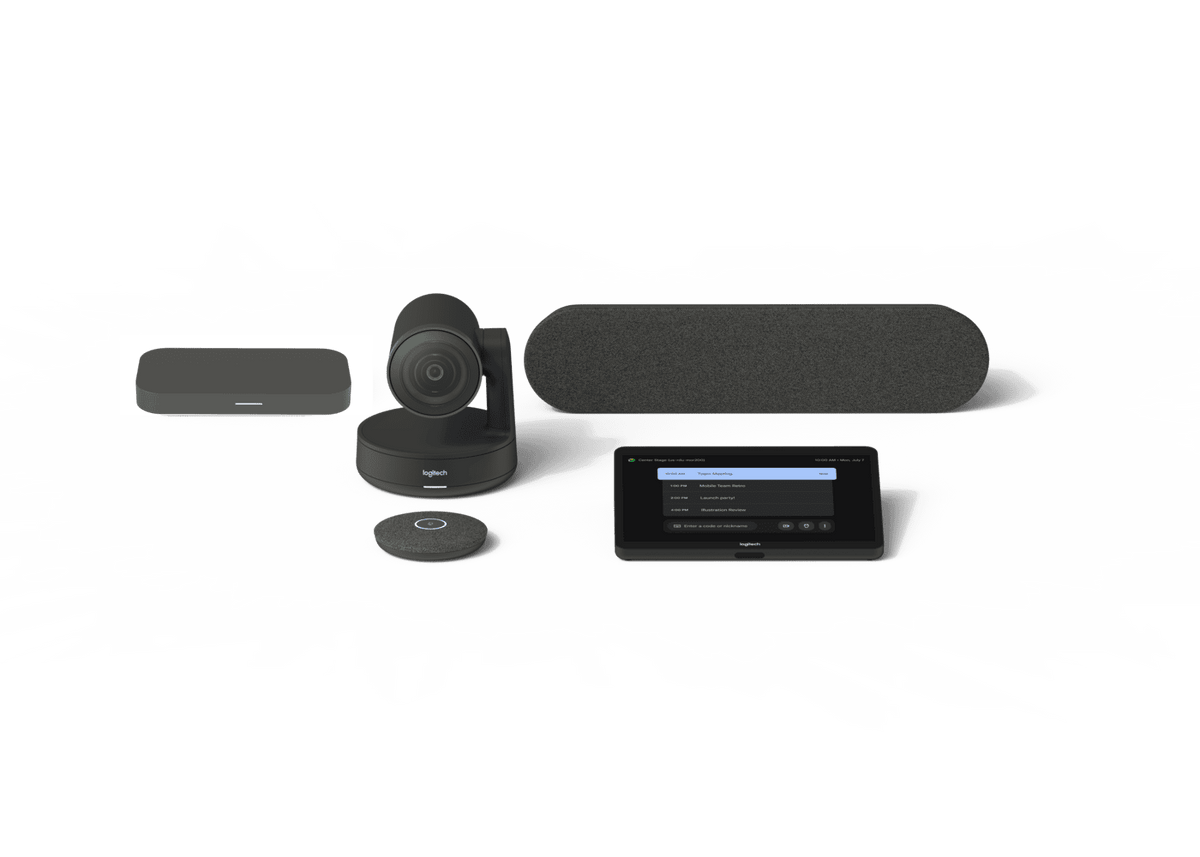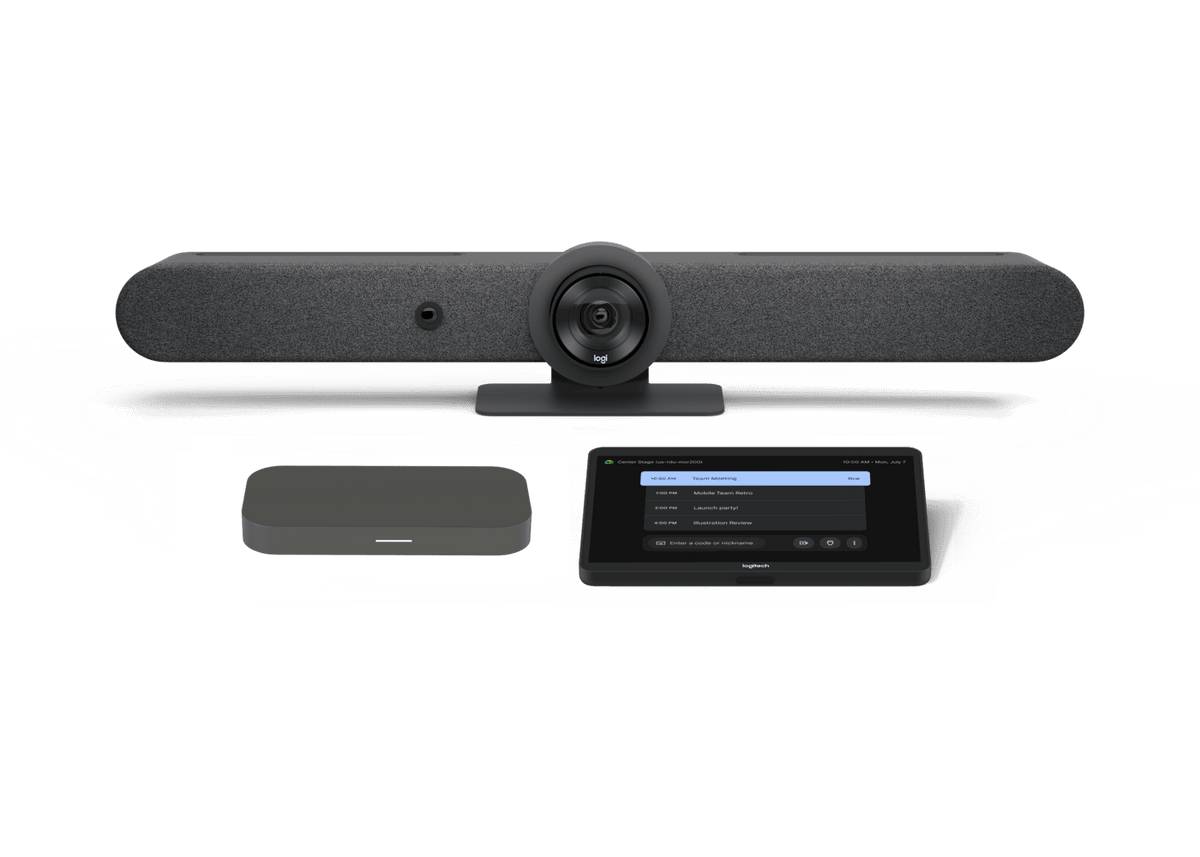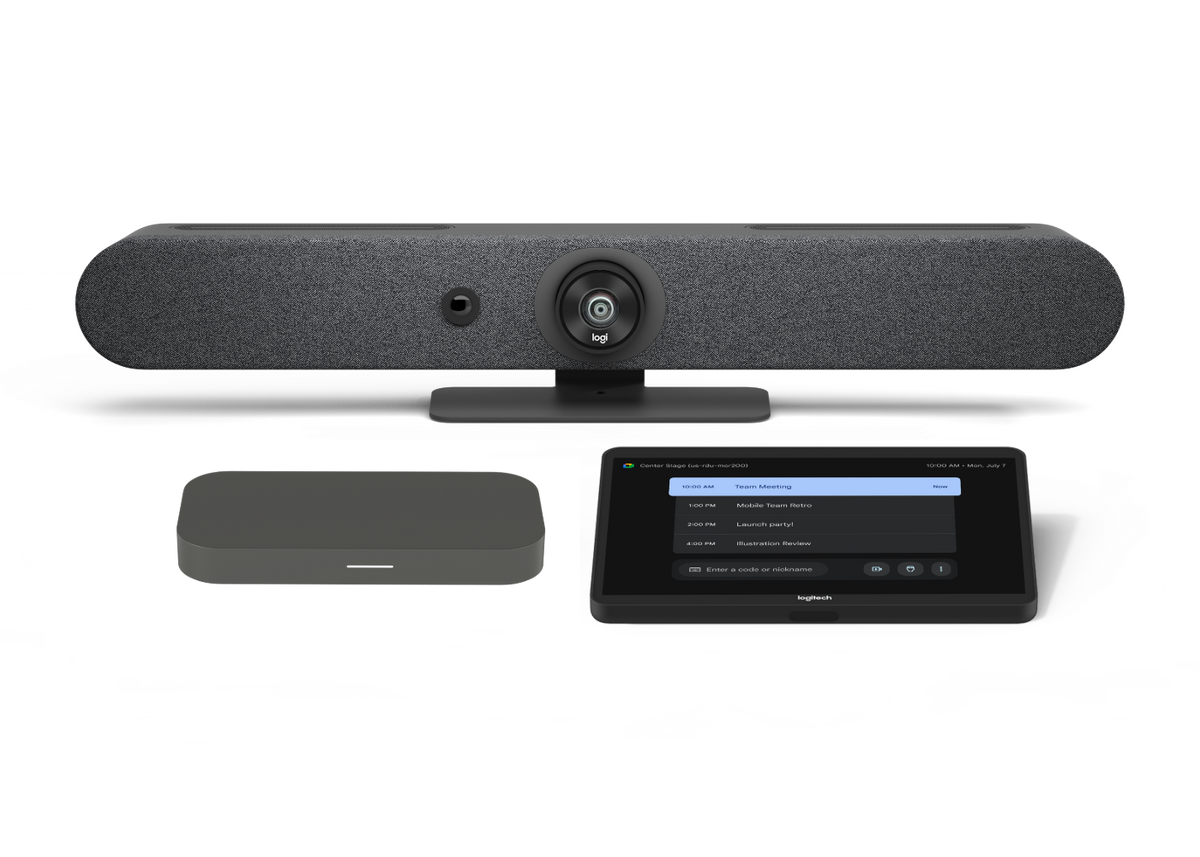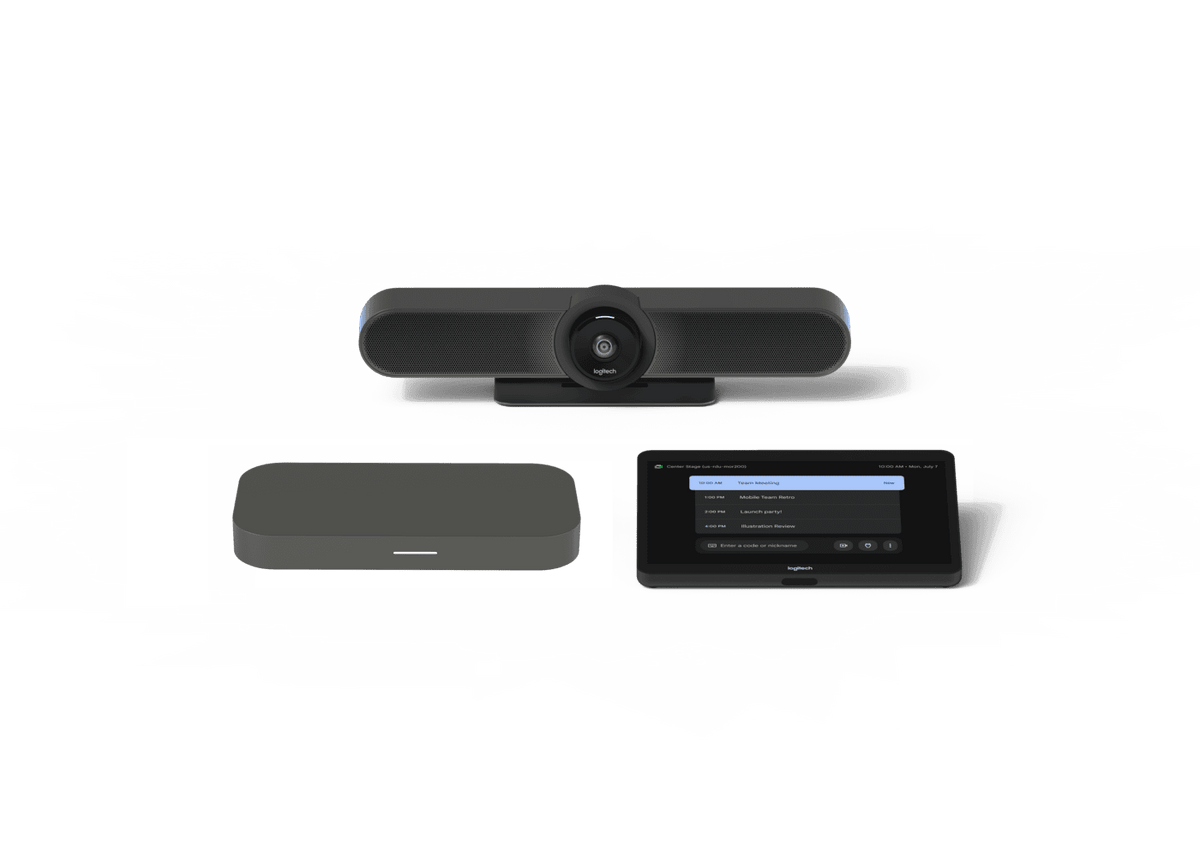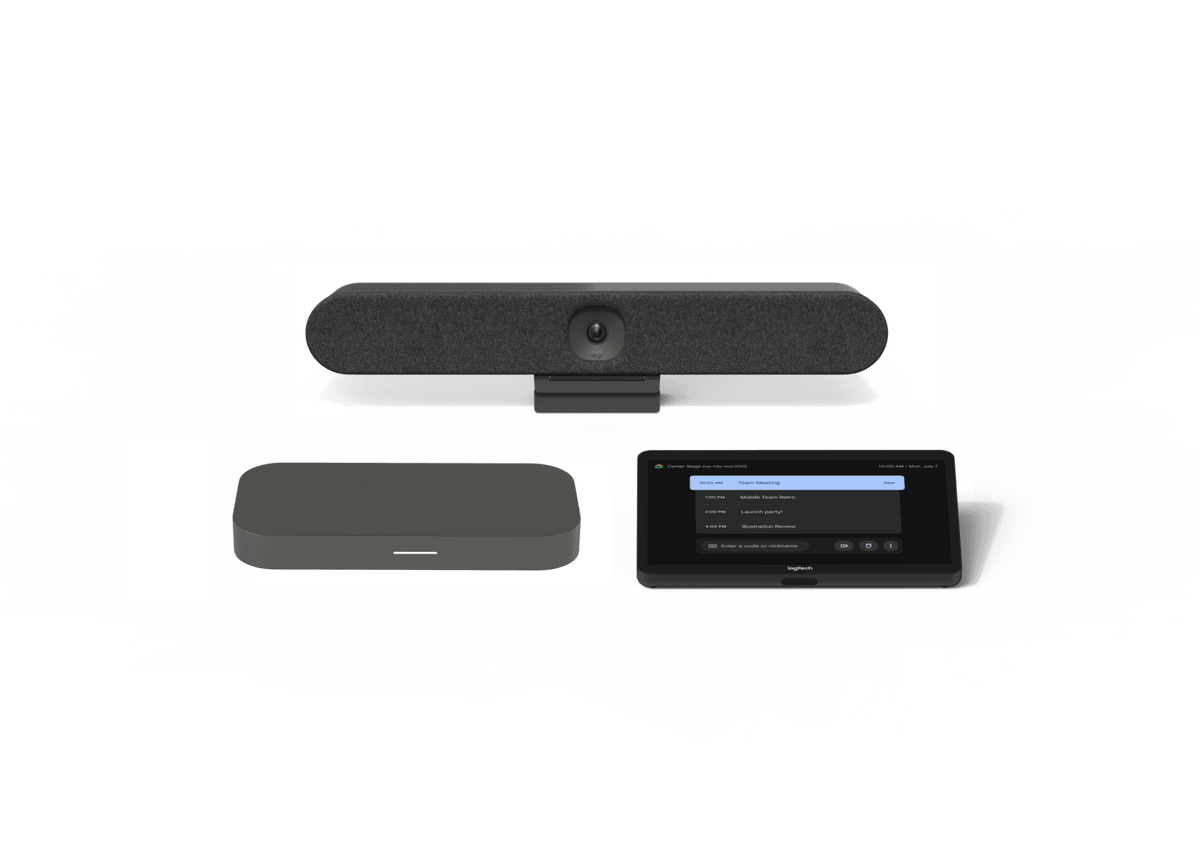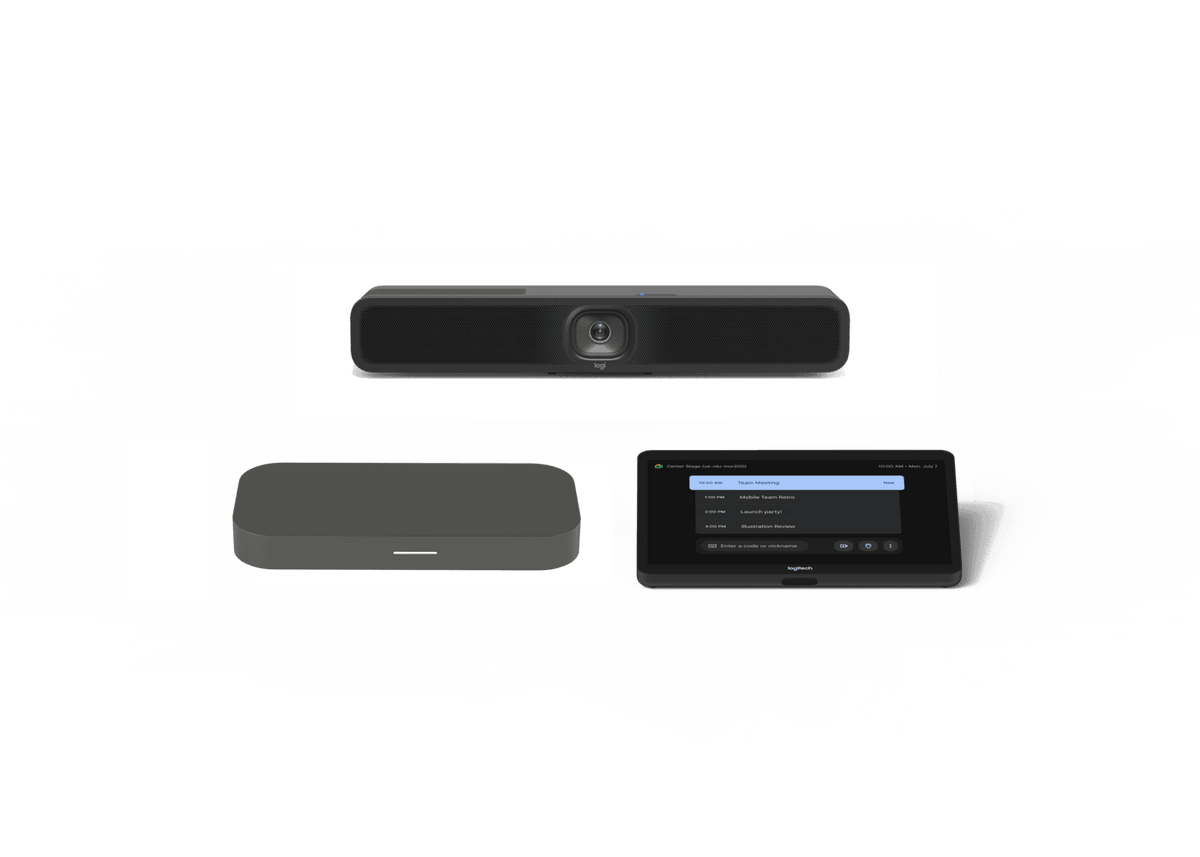Distance learning comes with a different territory than normal classroom settings where a teacher has full control of their environment. When participating in online learning in a virtual classroom, there have been many instances where virtual classrooms have been hijacked despite built-in security features. From first grade to high school, there have been increasing incidents of hacking into various video conferencing platforms which severely disrupts the school day in more ways than one. Here is a list of extra measures to take to ensure that student and teacher accounts are safe and continue productively distance learning.
School-assigned Google accounts
The first step in protecting a virtual classroom is for each school to create and assign a Google account for each student. This can be done by using an email and password provided by the school to make sure each password is unique and protected. This helps teachers to utilize the Google Meet waiting room feature and have full control over the specific accounts able to access that meeting. It is important to reiterate to students to never share their passwords with friends to make sure security is maintained.
Multi-step login
Even though this might take more time for students and teachers to get online into their Google meeting, taking multiple steps to verify login is essential to increasing the security of each account. For instance, there are features where in order to join a Google Meet or Zoom meeting, each account must login to Google Classroom through their school-monitored Google account which can track who has logged in and when.
Two-step verification
Google offers a two-step verification option when logging into your account and helps to keep hackers from accessing your information. The first verification step is entering your password, then verifying that with a code through your phone, a printed code or a security key. The extra steps are necessary to keeping hackers away and most definitely gives a peace of mind
What to do if virtual classrooms have been hacked
If a hack has occurred it is best to contact an administrator first thing to make sure the school is notified and can take the appropriate steps to dealing with the situation. Checking any device activity is also a quick way to confirm any other login activity or usage somewhere other than the assigned device. This can be done at https://myaccount.google.com/device-activity.
Taking the necessary precautions and providing extra protection on devices are important to stopping virtual classroom hacks so distance learning can continue undisrupted. Make sure to check out important updates for Google Meet and other helpful guides and information on ctl.net. You can also learn more about the current Google Meet security and privacy measures on support.google.com/meet.

